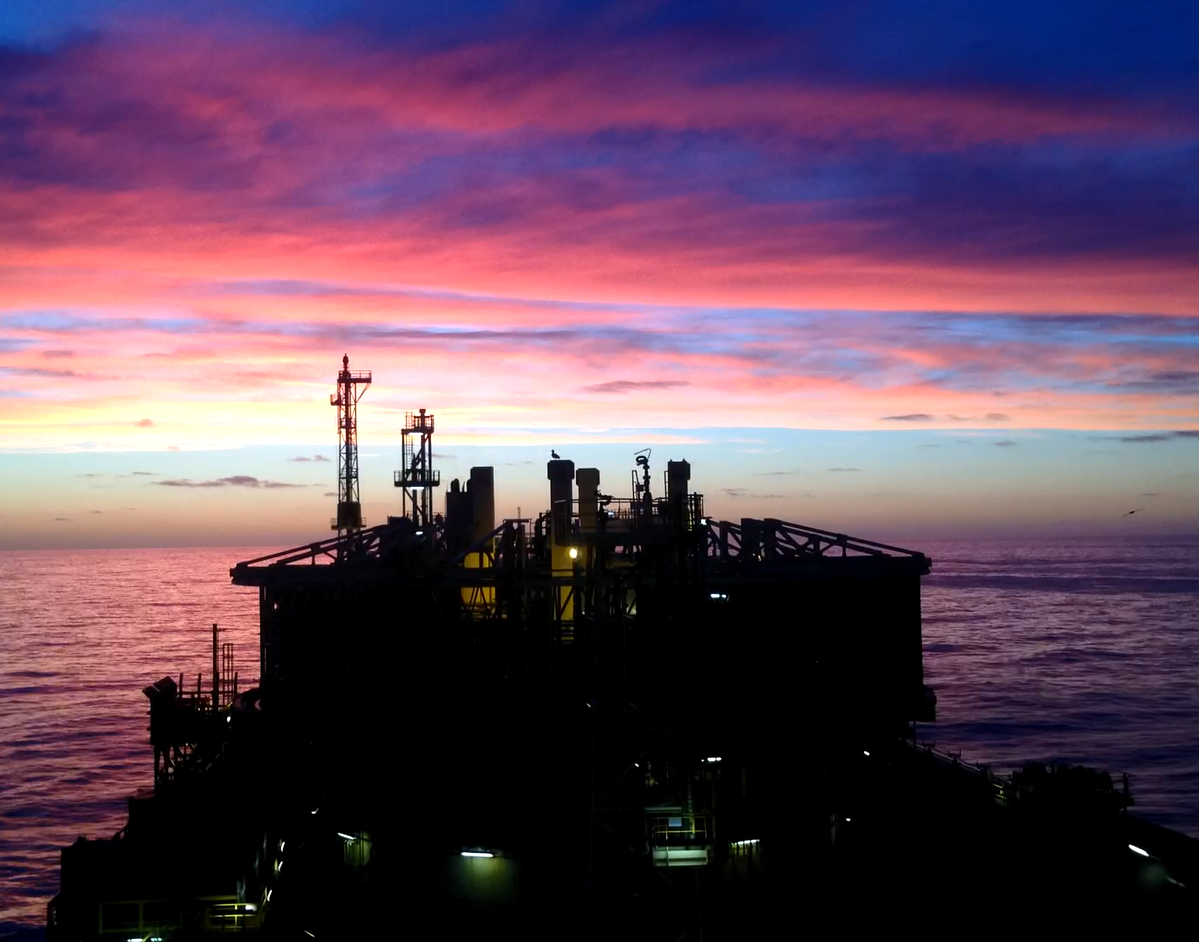
Exxon Mobil Corp., the US’s largest oil company, ended exploration plans with Total SA in South Sudan, Total and the government said, a sign of faltering investor confidence in the African nation as a civil war enters its eighth month.
Exxon in April didn’t renew an agreement with Total to negotiate for joint-exploration over parts of a 120,000 square- kilometer (46,300 square-mile) concession in Jonglei state, Total spokeswoman Anastasia Zhivulina said in an Aug. 12 e- mailed response to questions. Total is still bidding to explore in partnership with Kuwait’s state-owned Kuwait Foreign Exploration Petroleum Co. she said. Exxon spokesman Patrick McGinn said by e-mail that the company doesn’t comment on specific ventures.
“Losing the American oil company’s interest is definitely a blow for the future prospects of South Sudan’s oil industry,” Luke Patey, a researcher on the country’s industry at the Danish Institute for International Studies, said in an e-mailed response to questions. Exxon could re-enter South Sudan when security improves, he said.
Crude oil output, South Sudan’s almost sole source of revenue, has fallen by at least a third to about 160,000 barrels-per-day since conflict erupted in December and the army battled rebels in two oil-producing states.
The conflict, which has left thousands dead, led to the evacuation of some staff by the country’s main oil producers including China National Petroleum Corp. and India’s Oil & Natural Gas Corp. The former head of US security company Blackwater Security Consulting LLC, Erik Prince, suspended plans to build an oil refinery in the north of the country due to the violence.
Petroleum Ministry spokesman Nicodemus Ajak Bior said in an e-mail that he was aware of Irving, Texas-based Exxon’s “pull out.”
Total, which is based in Paris, has held the Block B concession in Jonglei state, near South Sudan’s eastern border with Ethiopia, since 1980 when it was part of a united Sudan. Recurrent violence has hampered exploration and there have been no proven oil finds.
In September 2012, the government divided the block into three. Exxon is pulling out of its agreement to jointly-explore two of them, Zhivulina said. The outbreak of war in South Sudan meant Total and the Kuwaiti company’s October offer for Blocks 1 and 2 hasn’t been approved by the government, she said.
Upper Nile state is the only region of South Sudan still pumping oil eight months after violence began between factions loyal to President Salva Kiir and his former deputy, Riek Machar. The United Nations says a “man-made” famine is looming. The US announced on Aug. 12 it will give $180 million for emergency food aid to the country, which is “facing the worst food security situation in the world.”
In May, Finance Minister Aggrey Tisa Sabuni said South Sudan had borrowed $200 million from oil operators and postponed repayments on domestic loans.
“There is very little open virgin acreage left in the international oil industry,” Patey said. “Post conflict, big players like Total and Exxon will find the Block Bs in South Sudan hard to ignore.”
Recommended for you
